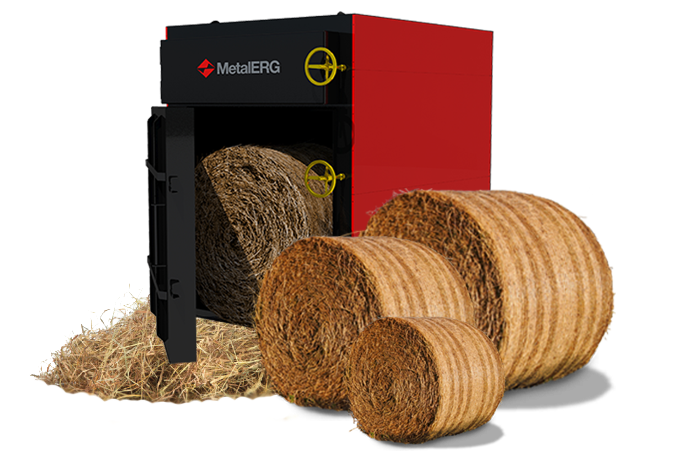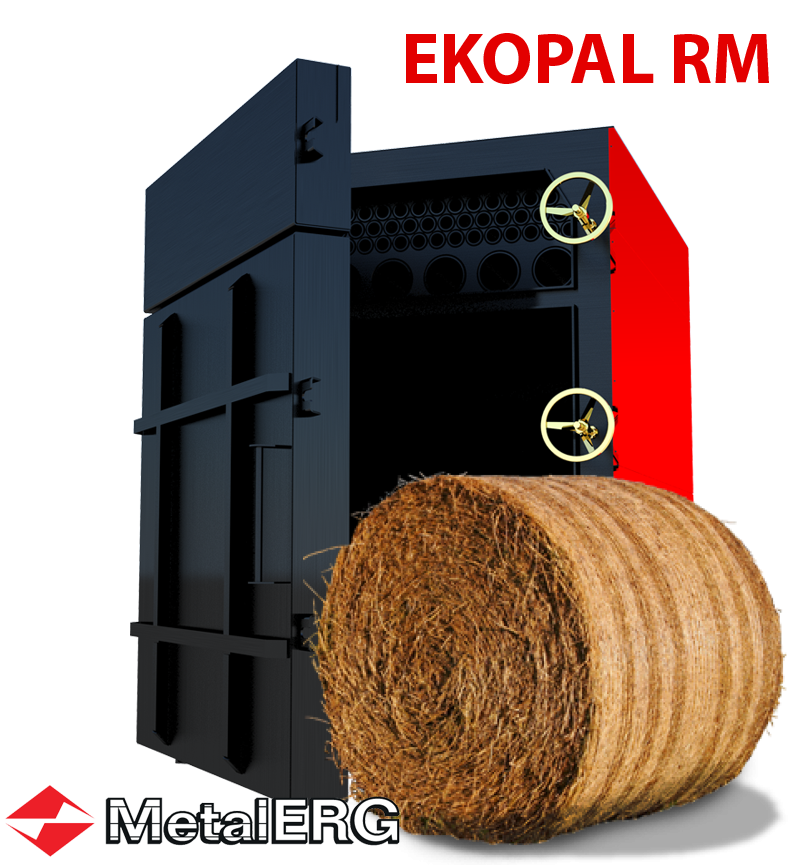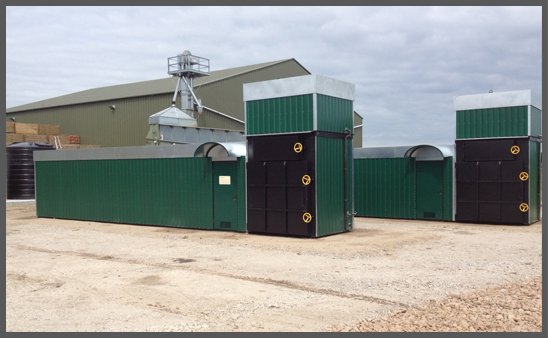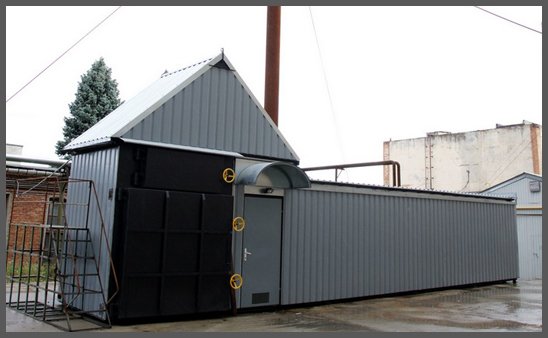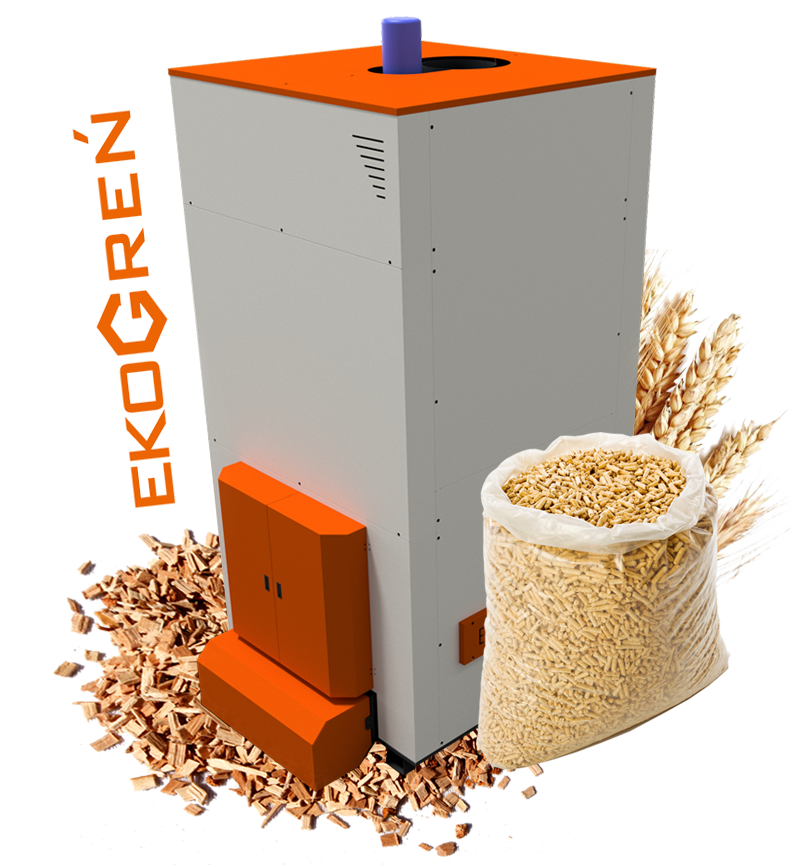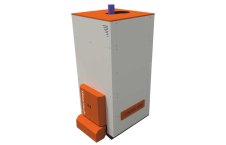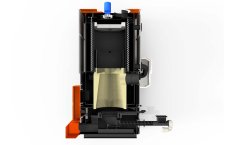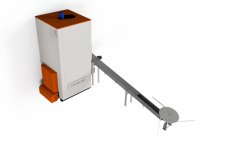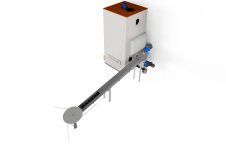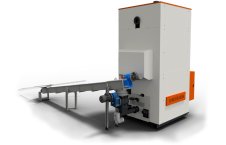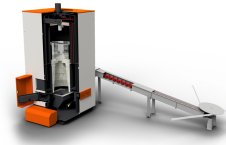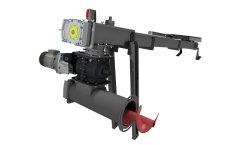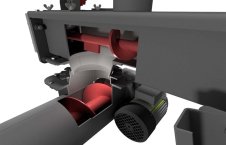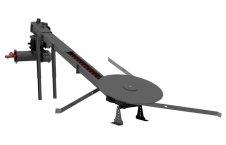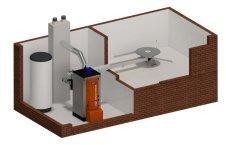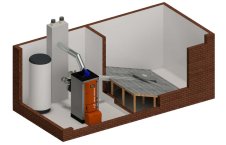The Government's Renewable Heat Incentive (RHI) scheme is run across the UK as a way of trying to get more people to switch to using renewable energy. Currently, there are two types of schemes offered: domestic RHI and non-domestic RHI. The first is for personal use and applies to homeowners and families. The second relates to commercial usage and properties.
Both schemes provide grants in return for switching to renewable energy. But the two schemes have separate tariffs and payments, conditions and processes. The tax paid is unaffected by which RHI scheme used to make the payment; instead, the focus is on the way heat is used. For example, commercial use will see you pay VAT, but for personal use, you won't have to.
Ofgem is responsible for administering and implementing the scheme on behalf of the Department of Energy and Climate Change, with the objective of increasing the number of businesses switching to getting heat generated from renewable sources.
At the moment, the heat industry is dominated by fossil fuel technologies which government experts predict will be dangerous in the long term. On top of this, Britain has to meet targets set by the EU to reduce carbon emissions and improve energy security as well as sourcing 'green jobs'.
But who is eligible for the grants and what do businesses or individuals need to do to apply? Non-domestic RHI is for use by commercial, industrial, not-for-profit organisations with installations that are eligible and the public sector. Installations in this context translate as renewable heat units supplying industrial heating on a large scale to small scale community heating projects, such as schools, hospitals and SMEs, or schemes involving district heating (multiple homes served by a single boiler). Every application is subject to the scheme's detailed rules.
Ofgem are responsible for publishing quarterly tariff tables showing the tariffs that will be applicable for each tariff period.
For commercial businesses and outlets, switching to biomass boilers can see huge savings in terms of energy costs - as well as getting a government RHI grant. There are many different types of boilers available for both schemes. For example, the installation and utilisation of straw boilers offers not only ecological benefits but also significant economic advantages. According to construction projects for boiler rooms using our straw boilers and users’ opinions, return on investment expenditure is usually achieved within 2 and 5 years.
Woodchip boilers offer similar returns, according to research. They are ideally suited to high heat load, large-scale commercial installations, such as nursing homes, hospitals, schools and glasshouses. As wood fuel costs so little, those with access to woodland areas have the opportunity to significantly bring down fuel costs by making the entire cycle in-house.
Pellet boilers are another perfect replacement for an oil boiler, as it is fully automated, highly efficient and can reach a high heat load.
Straw and other biomass boilers
Installation and utilization of straw boilers offers not only ecological benefits but also significant economic advantages. These investments are fully profitable. According to construction projects for boiler rooms using our straw boilers and users’ opinions, return on investment expenditure is usually achieved within 2 and 5 years.
